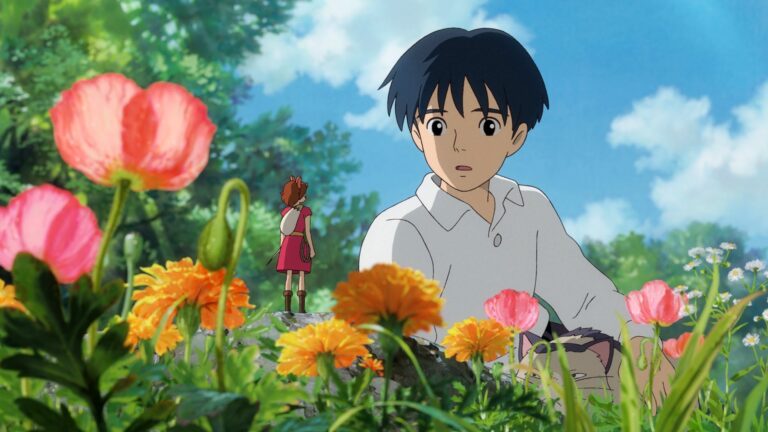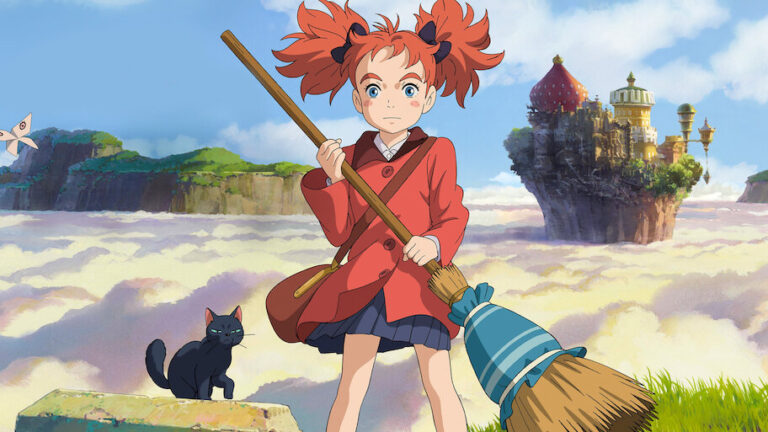Review of The Little Mermaid (1989)
A legendary animated classic, The Little Mermaid (1989) is etched in everyone’s memory. It dives straight to the heart of Ariel’s quest for love with Prince Eric, cheered on by all. In contrast, The Little Mermaid (2023) follows a similar path but stirs mixed reactions, facing backlash before many even watched it. The 1989 version won universal adoration, while the 2023 remake sparked debate—not least over casting choices and uneven execution. But since this review is about the original, I’ll save the remake’s tale for another day.
Story
Most know The Little Mermaid’s plot by heart, so I’ll keep the summary brief to avoid retreading old ground. Ariel, a mermaid princess and daughter of King Triton, ruler of the seas, is captivated by the forbidden surface world. Defying her father’s ban on venturing above water, she falls hard for Prince Eric, a dashing human royal. When his ship sinks in a storm, Ariel saves him, sparking a love she can’t ignore. Triton, furious at her obsession with humans, forbids her from leaving the palace. Enter Ursula, a scheming sea witch, who offers Ariel a deal: her voice for human legs, with three days to win Eric’s kiss—or she’ll turn to seaweed. The catch? Ursula plans to use Ariel to dethrone Triton.
Blinded by love, Ariel accepts, nearly dooming her father and darkening the seas. Ursula, disguised as a beautiful woman, uses Ariel’s stolen voice to enchant Eric, plotting a sham wedding. Thanks to Ariel’s loyal friends—a crab, a fish, and a seagull—the scheme unravels just in time. Triton, learning of the contract, sacrifices himself to save Ariel, but Eric heroically kills Ursula with a ship’s prow, restoring peace to land and sea. Ariel and Eric’s love triumphs, proving devotion knows no bounds.
Tension
The Little Mermaid is a musical at its core, a genre where high-stakes drama often takes a backseat. Still, Disney weaves enough tension to keep it from feeling flat. With a tight 83-minute runtime, the story moves briskly, avoiding fluff. Key moments—Ursula’s transformation into a seductive rival, Triton’s desperate rescue, Eric’s daring stand, and Ariel’s race to kiss Eric—build a pulse of urgency. Without these, it’d be pure stage musical, lovely but weightless. Compared to average animated films, I’d score its tension a solid six out of ten—not electrifying, but engaging enough to hold you.
Ariel Isn’t Just Boy-Crazy
A common misread of Ariel is that she’s a lovesick teen ditching family for a crush. Dig deeper, and that’s not the full picture. Yes, she falls for Eric at first sight—a lightning-bolt crush—but her yearning runs beyond romance. In Hans Christian Andersen’s original tale, mermaids live 300 years but vanish at death, while humans, though short-lived, have eternal souls. Ariel craves that human spark, a life of meaning beyond the sea. Disney tweaks this, letting Ariel and Eric wed instead of her tragic end, but the core remains: love transcends boundaries, be they species or worlds.
Some, like Keira Knightley, argue Ariel’s choice—trading her voice for legs—shows weakness, manipulated by a man’s allure. That misses the mark. Ursula, not Eric, exploits her. Eric cherishes Ariel’s voice, a metaphor for her soul, as fairy tales often frame love through song, not looks (think Snow White or Sleeping Beauty). Ariel’s pursuit is active, not passive—she seeks happiness, not submission. Calling this a toxic trope feels like forcing a modern lens onto a story about courage and connection. Love in The Little Mermaid isn’t sappy; it’s a quiet comfort, leaving you warm and hopeful.
Animation
I’ll be honest—the animation in The Little Mermaid (1989) isn’t my favorite. It lacks the dreamy brightness of, say, Kiki’s Delivery Service. The style feels neutral, a touch dated and dim, especially compared to later Disney works. The TV series spin-off only deepened my “meh” reaction. That’s just my bias, though. Modern anime and cartoons spoil us with dazzling visuals, so it’s natural to find older hand-drawn work less striking. For its era, this was top-tier artistry, a pinnacle of craft that awed audiences. It’s not my vibe, but I respect its place in history.
Music
The soundtrack is flawless—pure magic. Every song, from “Under the Sea” to “Part of Your World,” hits perfectly, brimming with heart and meaning. There’s nothing to critique; it’s simply iconic.
Overall
The Little Mermaid (1989) remains a timeless gem, weaving love, sacrifice, and defiance into a compact, heartfelt tale. Its tension holds up for a musical, and Ariel’s quest—misread by some as shallow—pulses with deeper longing for connection and purpose. The animation may not dazzle me personally, but its music and story are untouchable. It’s a classic that delivers joy and resonance, proving why it still enchants decades later.








